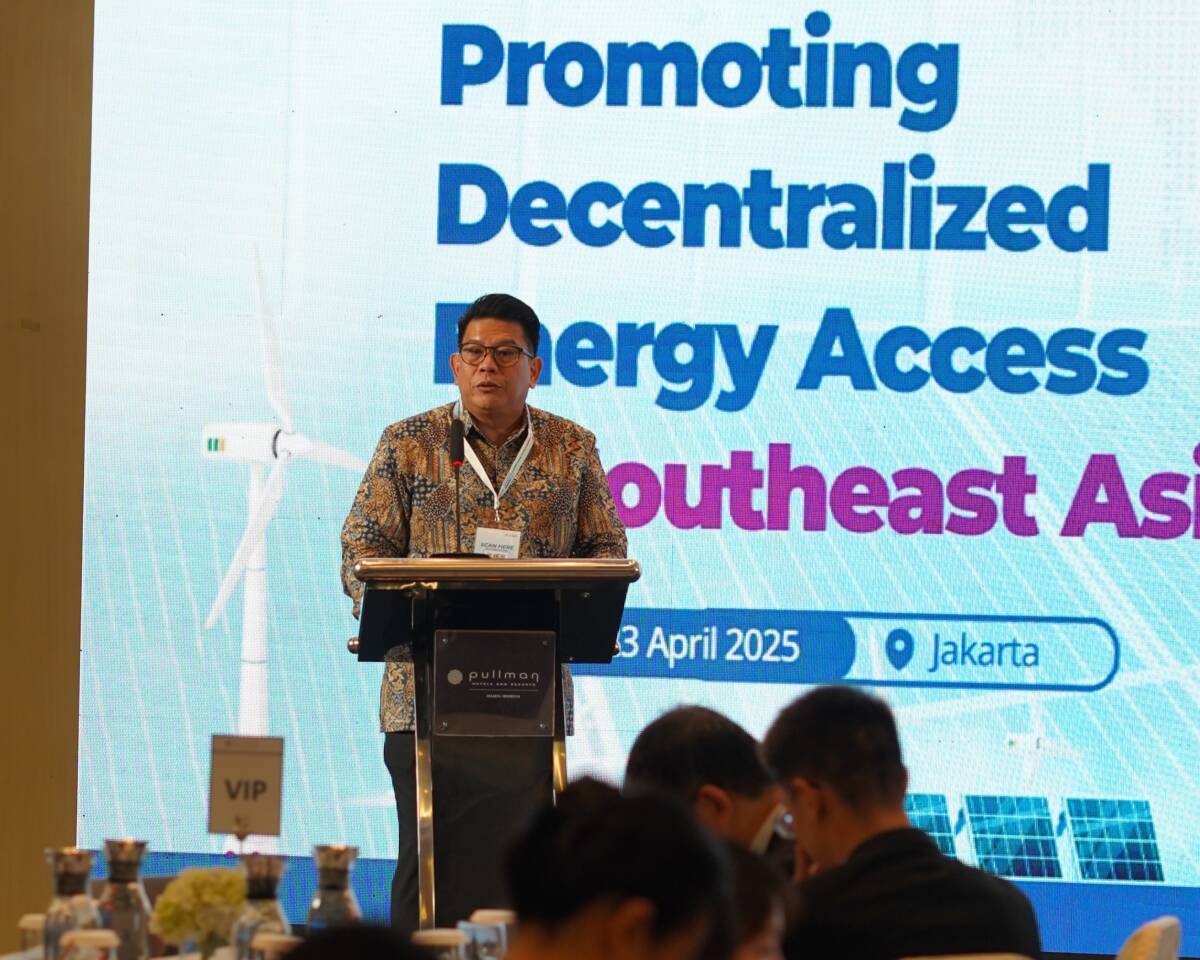Jakarta, June 2, 2025 – The 46th ASEAN Summit, which concluded on May 26, 2025, produced a long-term vision document titled ASEAN 2045: Our Shared Future. In its chair’s statement, Malaysia highlighted the importance of strengthening the ASEAN Power Grid (APG), enhancing its financing mechanisms, and building expertise for green jobs.
Meanwhile, climate and sustainability issues are addressed in ASEAN 2045: Our Shared Vision, particularly under Strategic Goal 2: A Sustainable Community. This goal outlines 10 key objectives, including equitable energy transition, sustainable natural resource management, green financing, and the transformation of mobility and tourism sectors.
The Institute for Essential Services Reform (IESR) notes that ASEAN has recognized the need to accelerate the energy transition and prepare a skilled workforce to support this process. ASEAN is also aware of the region’s evolving geopolitical dynamics. However, the outcomes of the 46th ASEAN Summit did not demonstrate any significant breakthroughs to ensure that the energy transition will be inclusive and equitable for all ASEAN member states.
Moreover, ASEAN has not yet taken bold steps to seize this momentum and drive an energy transformation that positions the region as a hub for manufacturing and trading renewable energy technologies.
IESR Executive Director Fabby Tumiwa stated that ASEAN has the opportunity to establish an ASEAN Just Energy Transition Partnership (ASEAN-JETP) to unlock up to USD 130 billion in funding annually through 2030. The ASEAN-JETP is inspired by existing Just Energy Transition Partnership (JETP) schemes in Indonesia (USD 20 billion pledged in 2022), Vietnam (USD 15.5 billion in 2022), and South Africa.
“The regional ASEAN-JETP can serve as a co-financing mechanism to mobilize concessional loans, grants, and private capital to support the accelerated early retirement of coal-fired power plants and the development of clean energy,” explained Fabby.
With input from IESR’s Southeast Asia collaboration partner, the Southeast Asia Energy Transition Think Tank Collaborative Network, IESR recommends the establishment of the ASEAN Energy Transformation Initiative (AETI). This initiative aims to develop an ambitious regional roadmap to accelerate the shift toward a cleaner and more sustainable energy system.
Key priorities under AETI include positioning ASEAN as a hub for clean technology manufacturing and trade. Additional proposals involve accelerating cross-border electricity integration through the ASEAN Power Grid and strengthening clean energy industries through industrial zoning strategies and governance of critical minerals.
The initiative also promotes the strengthening of green financing through the ASEAN Green Investment Platform and the development of a green taxonomy. In addition, AETI highlights the importance of harmonizing energy policies among member states, building a green-skilled workforce, and establishing research and innovation centers to position ASEAN as a resilient and globally competitive low-carbon economic bloc.
Arief Rosadi, Climate and Energy Diplomacy Program Manager at the Institute for Essential Services Reform (IESR), noted that the 46th ASEAN Summit had yet to adequately address the institutional challenges facing ASEAN in planning and implementing comprehensive climate and energy mitigation actions at the regional level.
“One of the key challenges to advancing climate mitigation and accelerating the energy transition in ASEAN is the institutional gap. Climate issues fall under the ASEAN Socio-Cultural Pillar, while energy issues are managed within the ASEAN Economic Pillar. This separation has hindered the effective planning and implementation of climate mitigation efforts in the energy sector. Moving forward, ASEAN must strengthen coordination across its cooperation pillars,” Arief explained.

